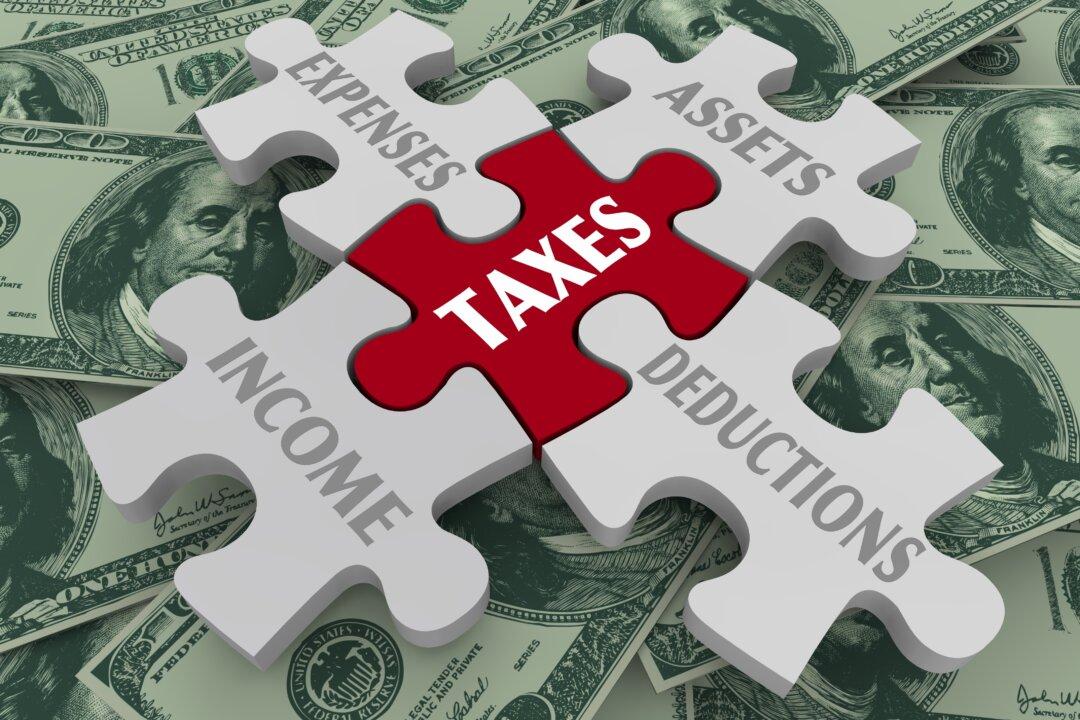The government canceled your student loan. A lawyer helped negotiate a lower balance on your debt obligation. You received a generous settlement at the conclusion of a lawsuit. You paid low insurance premiums through the Health Insurance Marketplace.
Good news, right? Maybe. Maybe not. Stay tuned. What was a pleasant surprise may come with an unpleasant surprise at tax time.






